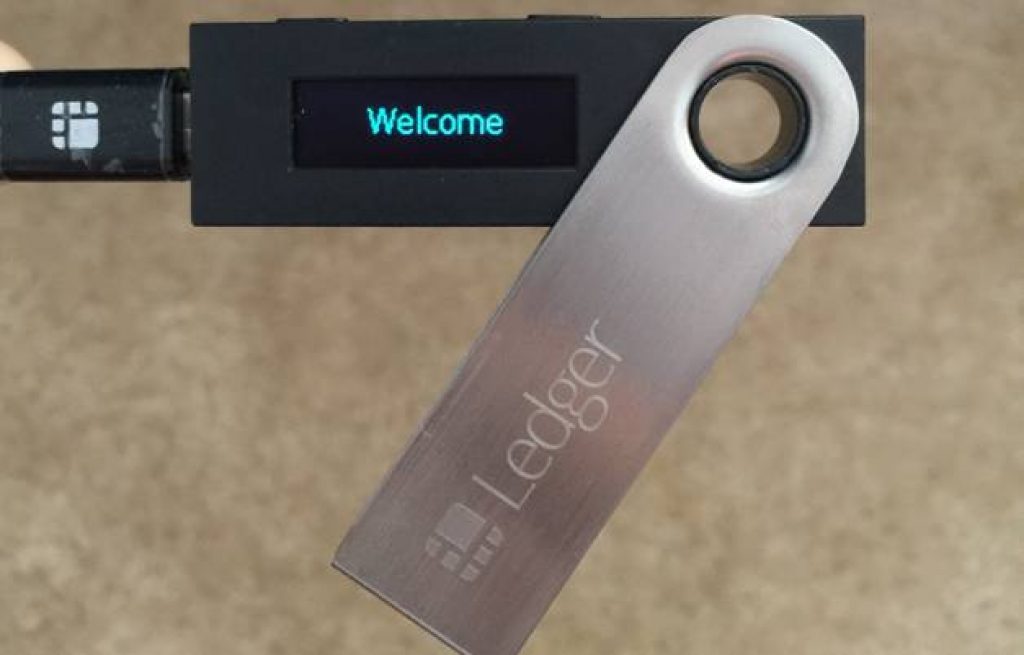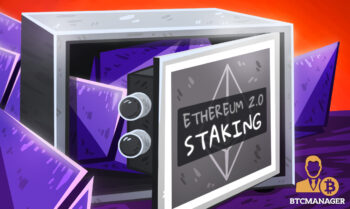2023-8-1 12:45 |
Decentralized storage resources are revolutionizing the conventional cloud-hosted storage landscape, offering organizations a more streamlined and secure method to safeguard their most critical data.
Commonly known as blockchain storage, these services facilitate the encryption and distribution of vital information across multiple locations. The nodes constituting these decentralized storage networks can be managed by organizations or individuals, who rent out their surplus storage space. All data is encrypted with a private key, ensuring exclusive access to the data owner, thereby preventing even the storage provider from viewing the stored content. Moreover, the distribution of data across various locations further bolsters security.
Blockchain and Decentralized StorageDecentralized storage frequently employs blockchain to document storage transactions. The distributed ledger technology is perfectly suited for this role as it can synchronize and validate storage transactions across distributed nodes. It can record data locations, shard hashes, rental costs, and other crucial information. The blockchain can also facilitate the matching of hosts with organizations seeking alternative storage.
Despite being a relatively new concept, decentralized storage services have several competing platforms in the market.
FilecoinFilecoin, a well-known entity in this burgeoning industry, was launched in 2017. It offers a decentralized, secure, and efficient platform for companies to rent and hire storage resources. Filecoin utilizes a peer-to-peer protocol that pairs storage contributors with those seeking a cost-effective alternative to the cloud.
Filecoin employs two unique consensus mechanisms: proof-of-replication and proof-of-space-time. These mechanisms allow a miner to prove the uniqueness of the data copy and its storage on a physical resource for a specific duration, respectively. Filecoin operates a marketplace where hosts can offer their storage resources at their chosen price, with users paying them using Filecoin’s native cryptocurrency, FIL.
Serenity ShieldSerenity Shield focuses on the secure storage of highly sensitive data and offers a unique and decentralized recovery mechanism that guarantees users can always retrieve this information. This mechanism also powers Serenity’s crypto inheritance services.
At the heart of everything is Serenity’s StrongBox, a dApp that resides on the Secret Network. Users start by connecting a compatible digital wallet to the StrongBox dApp and creating an account. They then add their sensitive data, which could be a wallet seed phrase or something else.
This data is encrypted and stored within a smart contract on the Secret network. A viewing key is then generated, further encrypted, and divided across three NFTs – one for the smart contract, one for the user, and the third for their designated nominee. The user must then specify a set of conditions under which the nominee can access that NFT.
Internet ComputerThe Internet Computer protocol, devised by the DFINITY Foundation, provides a secure environment for smart contracts, decentralized apps, and website hosting.
Internet Computer is a four-layer protocol that operates on individual nodes. The network runs each subnet independently, yet they remain asynchronous, collectively forming a unified computing platform. By relying on a collection of independent data centers worldwide, Internet Computer offers almost unlimited scalability.
The storage marketplace operates similarly to Filecoin, with users contributing their unused storage capacity and users paying for it using ICP tokens.
StorjStorj, an open-source project, claims to be among the most affordable cloud storage solutions. It is based on a peer-to-peer network that connects multiple globally-distributed storage resources contributed by organizations and individuals.
Storj features a unique design based on small pieces of data that are encrypted client-side before being uploaded to the network. It also implements coding techniques that ensure the data remains accessible even when the primary nodes hosting it are offline.
Storage node operators are compensated with STORJ tokens, but unlike other platforms, it charges customers a standard price for storage, regardless of the chosen host node. Storj is ideal for application data storage, content distribution, and archiving use cases.
FluxFlux positions itself as a blockchain storage platform for hosting and deploying decentralized applications. It’s a user-powered storage network that makes computing resources accessible to anyone who needs them.
With its focus on interoperability, redundancy, and security, Flux enables users to find available storage resources based on their unique specifications. Node operators earn FLUX tokens as a reward for contributing resources and overseeing the network.
Flux also bills itself as an environmentally-friendly storage network, as its underlying blockchain is powered by an ASIC-resistant proof-of-work consensus mechanism. It means almost anyone can become a miner on the network, even with low-powered hardware. Flux’s most well-known customer is WordPress, which uses its platform for Web hosting.
Akash NetworkAkash Network is a platform for the efficient and secure trading of computing resources. It is founded on a cloud architecture called Supercloud that makes it easy for dApps to migrate across different storage providers and availability zones.
Companies looking to acquire storage resources can submit specifications such as the required space, bandwidth, and uptime. Then, storage hosts can bid to provide their services. The result is that businesses can access storage resources at a much lower cost than traditional cloud providers can offer. Akash relies on a proof-of-stake consensus algorithm that governs the participation of storage providers and node operators. Because of its strong security and lower costs, the service is popular with application developers.
Akash Network’s AKT cryptocurrency fulfills several roles, such as incentivizing participation, securing the underlying blockchain, and governance.
The Promising Future of Blockchain StorageProponents of blockchain-based storage networks believe that these protocols will expand because they offer significant advantages compared to traditional, centralized cloud storage providers.
Benefits such as greater availability, censorship resistance, and enhanced security ensure that decentralized storage can meet the key requirements of most enterprises.
The post 6 Of The Most Secure Decentralized Storage Protocols Around appeared first on CaptainAltcoin.
origin »Bitcoin price in Telegram @btc_price_every_hour
SIMBA Storage Token (SST) на Currencies.ru
|
|

















